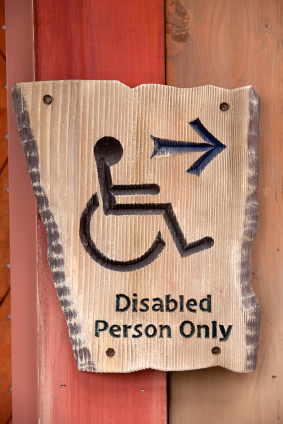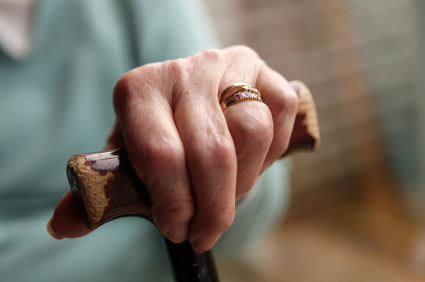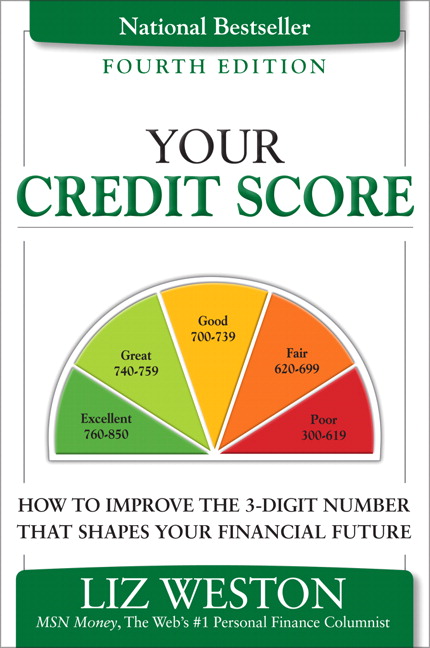 The number of people getting disability checks from the government has skyrocketed in the past three decades. The federal government spends more on cash payments to disabled workers than on food stamps and welfare combined.
The number of people getting disability checks from the government has skyrocketed in the past three decades. The federal government spends more on cash payments to disabled workers than on food stamps and welfare combined.
This trend has drawn some media scrutiny lately. You may not have time to read everything that’s been written, so here’s an overview:
As jobs for people without college degrees have disappeared, many people who lose their jobs wind up on disability. Planet Money reporter Chana Joffe-Walt says in the NPR piece “Unfit for Work” that “disability has also become a de facto welfare program for people without a lot of education or job skills.” Qualifying for Social Security disability means you get about $13,000 a year, plus you qualify for Medicare, the government health insurance program for the elderly. For many who qualify, that may beat a minimum wage job with no benefits. “Going on disability means, assuming you rely only on those disability payments, you will be poor for the rest of your life. That’s the deal. And it’s a deal 14 million Americans have signed up for.”
The rise in people on disability, however, isn’t unexpected or solely the result of the lousy economy, according to a response to the NPR report by a group of former commissioners of the Social Security Administration, which oversees the disability programs. “The growth that we’ve seen was predicted by actuaries as early as 1994 and is mostly the result of two factors: baby boomers entering their high- disability years, and women entering the workforce in large numbers in the 1970s and 1980s so that more are now ‘insured’ for DI based on their own prior contributions,” the commissioners wrote. The commissioners point out that it’s not easy to get government disability and that most people who apply are denied. “The statutory standard for approval is very strict, and was made even more so in 1996,” the commissioners wrote.
Few people on government disability ever go back to work. Private disability insurers do a better job than the government programs of returning people to the workforce, according to this story in the Wall Street Journal. That shouldn’t be surprising, since qualifying for government disability is typically a lot tougher than the standards you have to meet to trigger private disability insurance payments. That means the folks getting government disability checks are often a lot sicker (in fact, one in five men and one in seven women die within 5 years of being approved for government disability). Private insurers are also, shall we say, eager to get people back to work (or at least off their benefits). Yet the discrepancy seems to offend the Journal, which also decided to blame people on government disability for at least some of our current economic malaise in “Workers stuck on disability stunt economy.”
As a taxpayer, I don’t want to foot the bill for someone who could work but doesn’t. But I’m also leary of attempts to paint government disability programs as a refuge for loafers.
Clearly, this is a complicated–and emotional–issue. You’ll be hearing more about it as Congress struggles with the budget and social safety net programs, so it would be worth spending a little time researching the facts.



